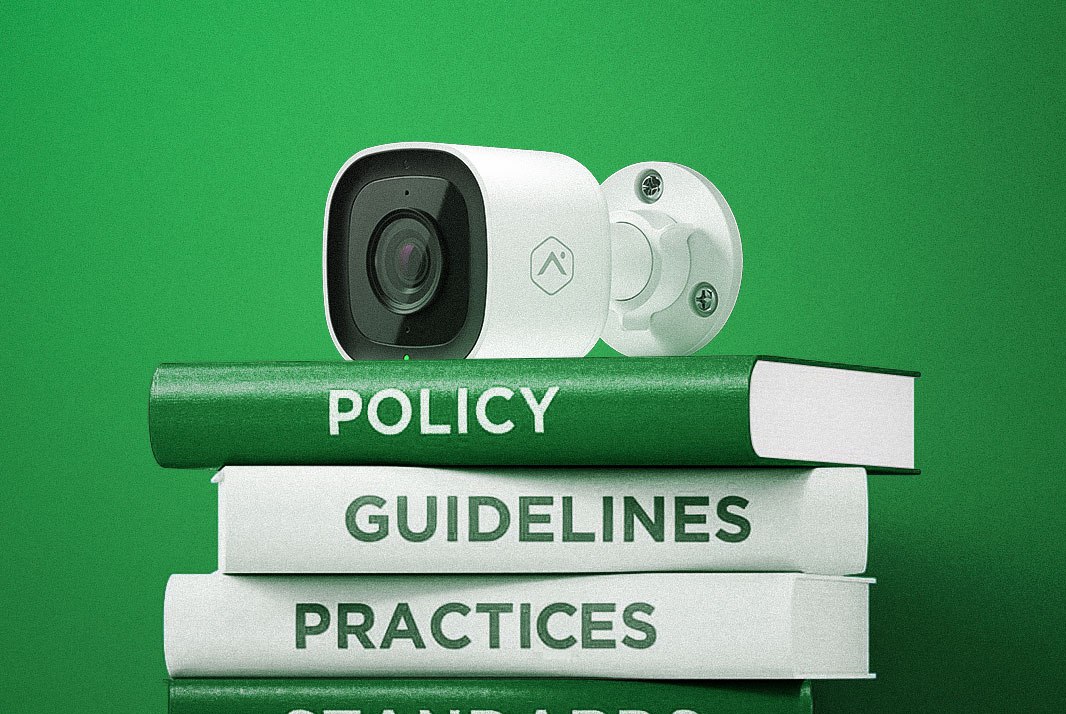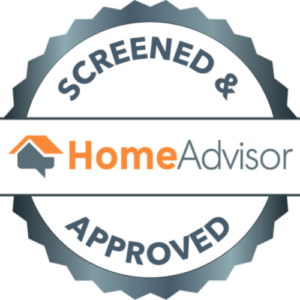As home surveillance systems become more advanced and accessible, more homeowners are investing in security cameras for protection, monitoring, and peace of mind. But with this growing trend comes a set of critical questions: What are the legal limitations of installing cameras? What are the boundaries of privacy?
In this comprehensive guide, we’ll break down the home surveillance laws, explore security camera legal guidelines, and help you navigate home surveillance regulations in the USA, so you can install and operate your system ethically and legally.
Table of Contents
Toggle1. What Are Home Surveillance Laws?
Overview of Surveillance Laws in the USA
While there’s no single federal law regulating all residential surveillance systems, there are state-specific and local laws you need to follow. Common themes across most jurisdictions include:
✅ Cameras must not invade a person’s reasonable expectation of privacy (e.g., bathrooms, bedrooms, changing areas).
✅ Audio recording without consent may violate wiretapping or eavesdropping laws.
✅ Visible cameras placed on your property are generally permitted.
Why Legal Compliance Matters
Installing cameras without understanding local laws can result in:
❌ Civil lawsuits from neighbors or guests.
❌ Fines or criminal charges for illegal audio recording.
❌ Required removal of installed devices that violate privacy laws.
📌 Pro Tip: Learn more about the ethics and legal concerns of home surveillance: Privacy Laws and Ethics of Home Surveillance.
2. Can I Install Security Cameras Outside My Home?
Legal Placement of Outdoor Security Cameras
You are generally allowed to install cameras on your property as long as they:
✅ Point only at your own property (driveways, front doors, garages).
✅ Avoid directly facing neighbors’ windows or private spaces.
✅ Do not record audio without consent, depending on state law.
Managing Neighbor Privacy Concerns
If a neighbor complains about your camera, consider adjusting the angle, applying privacy masking, or discussing concerns openly. It’s best to avoid legal escalation.
🚀 Related Read: Learn how to ethically respond if your neighbor’s camera points at your property: How to Block Neighbors’ Security Camera.
3. Security Camera Legal Guidelines: Audio vs. Video Recording
Video Surveillance Laws
✅ Allowed in public-facing areas like yards, driveways, and porches.
✅ Hidden cameras in private settings may be illegal.
✅ Signage may be required in some states for notification.
Audio Recording Laws
Audio surveillance is governed by federal and state wiretapping laws:
✅ One-party consent states – You can record if one person knows about it.
✅ Two-party consent states – Everyone being recorded must give consent.
✅ Penalties for illegal audio recording can include civil and criminal charges.
📌 Pro Tip: If you’re interested in increasing your home security without violating the law, explore our privacy-conscious solutions.
4. Home Surveillance Regulations USA: Understanding State Differences
Examples of State-Specific Laws
- California – Two-party consent for audio; strict privacy laws.
- Florida – Consent required for audio, video allowed with limitations.
- Texas – One-party consent; video OK as long as it’s not in private spaces.
- Maryland – Two-party consent required for audio recording; video surveillance is allowed on private property, but not in areas with a reasonable expectation of privacy (e.g., bathrooms, bedrooms of guests, etc.).
HOA and Local Ordinances
Many homeowners associations (HOAs) have their own surveillance regulations, such as:
✅ No cameras facing community walkways.
✅ Required approval before installation.
✅ Designated areas for mounting hardware.
5. Integrating AI and Advanced Surveillance Features Legally
Smart Cameras with AI Capabilities
Today’s surveillance systems come equipped with AI-powered features like:
✅ Facial recognition
✅ License plate detection
✅ Person and package detection
While these tools are useful, they raise new legal questions about data storage and biometric information.
📌 Pro Tip: Discover how AI in surveillance is transforming crime prevention and what it means for privacy: AI in Surveillance.
Data Security and Compliance
If your system stores data in the cloud, make sure:
✅ It complies with GDPR or CCPA if applicable.
✅ Footage is encrypted and securely stored.
✅ Access logs are maintained to track usage.
🚀 Related Read: Learn how secure video feeds help in data-sensitive environments: Data Center Security and Video Surveillance.
Final Thoughts
Installing a home surveillance system is a smart move, but it’s important to stay informed about home surveillance laws, security camera legal guidelines, and home surveillance regulations in the USA. By taking the right legal precautions and choosing the proper equipment, you can enhance your home’s security without compromising anyone’s privacy.
🚀 Take Action Today: Want a legally safe, AI-enhanced security system for your home? Schedule your consultation now!







